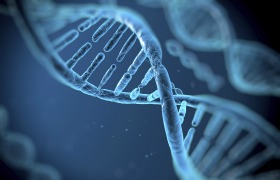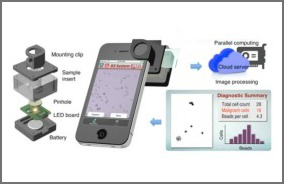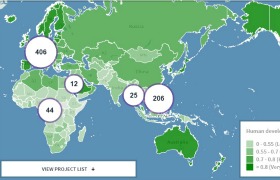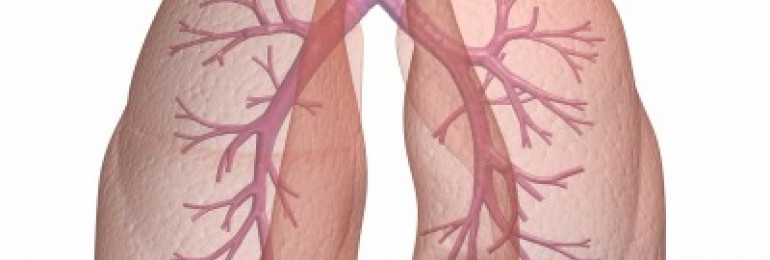Novel genetic markers discovered for testicular cancer

British scientists from the Institute of Cancer Research discovered four novel genetic markers that are associated with an elevated risk of testicular cancer. That is written in Nature Communications. Including these four, a total of 25 markers have been discovered, allowing for an easier identification of men with an elevated risk of testicular cancer. Continue reading















